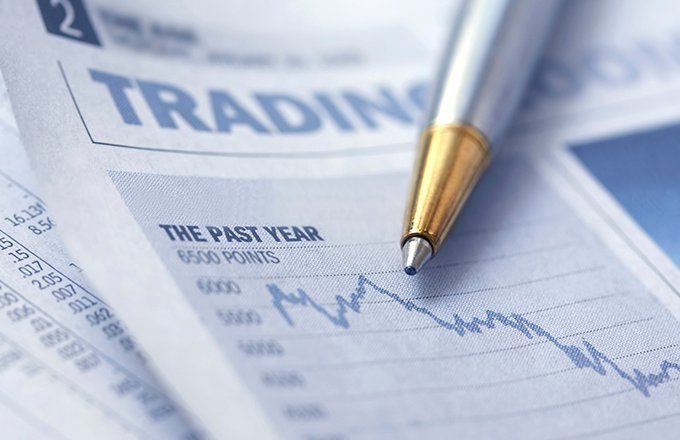It’s crucial to adhere to established operational norms and quality standards when conducting physical trading, especially in industries like petroleum products. Here are some key considerations for maintaining quality and ensuring customer satisfaction:
1. Quality Assurance: Implement rigorous quality control measures throughout the trading process, from sourcing to delivery. This includes regular inspections, testing, and adherence to industry standards for product quality.
2. Compliance: Ensure compliance with relevant regulations and standards set by regulatory authorities, such as ASTM (American Society for Testing and Materials) standards for petroleum products.
3. Supply Chain Management: Maintain transparency and efficiency in the supply chain to minimize disruptions and ensure timely delivery of products to customers.
4. Risk Management: Identify and mitigate potential risks associated with physical trading, such as price fluctuations, logistical challenges, and geopolitical factors that may impact supply and demand.
5. Customer Satisfaction: Prioritize customer needs and preferences, providing personalized service and timely communication to address any concerns or issues that may arise during the trading process.
6. Continuous Improvement: Regularly review and optimize trading processes to enhance efficiency, reduce costs, and improve overall performance.
7. Environmental and Safety Considerations: Ensure adherence to environmental regulations and safety protocols to mitigate any potential environmental impacts or hazards associated with trading activities.
8. Market Analysis: Stay informed about market trends, price movements, and geopolitical developments that may impact the supply and demand dynamics of petroleum products.
By adhering to these principles and maintaining a focus on quality, compliance, and customer satisfaction, you can effectively conduct physical trading of petroleum products while mitigating risks and maximizing value for your business and customers.

Paper trading refers to the practice of simulating trading strategies without actually executing real trades in the market. It’s often used for various purposes such as testing out new trading strategies, familiarizing oneself with trading platforms, or as you mentioned, hedging physical exposure.
Hedging physical exposure through paper trading involves creating simulated trades that mimic the actions you would take in the real market to protect against adverse price movements in physical assets or commodities. This allows traders or businesses to gauge the effectiveness of their hedging strategies without incurring the costs or risks associated with actual trading.
By paper trading for hedging physical exposure, you can:
1. Test Strategies: You can test different hedging strategies to determine which ones are most effective in mitigating risk for your physical assets.
2. Evaluate Performance: Paper trading allows you to evaluate the performance of your hedging strategies over time, helping you make informed decisions about which strategies to employ in real trading scenarios.
3. Risk Management: It helps in identifying potential risks and refining hedging approaches to manage those risks more effectively.
4. Cost Efficiency: Since paper trading doesn’t involve real money, it can be a cost-effective way to experiment with different hedging techniques without risking capital.
5. Education and Training: Paper trading can be a valuable educational tool for traders and businesses to learn about hedging concepts and strategies in a practical, risk-free environment.
However, it’s important to note that while paper trading can provide valuable insights, there may be limitations compared to real trading conditions. Market dynamics, liquidity, and other factors may behave differently in simulated environments compared to live markets. Therefore, while paper trading can be a useful tool, it’s essential to complement it with real-world experience and proper risk management practices..

It sounds like you’re describing a company or organization that operates in the energy market and focuses on providing solutions related to alternate and renewable energy sources. Here’s a refined version of your statement:
“We specialize in the energy market, offering comprehensive solutions tailored to our customers’ needs. With a strong focus on alternate and renewable energy sources, we facilitate access to sustainable energy solutions for our clients.”
